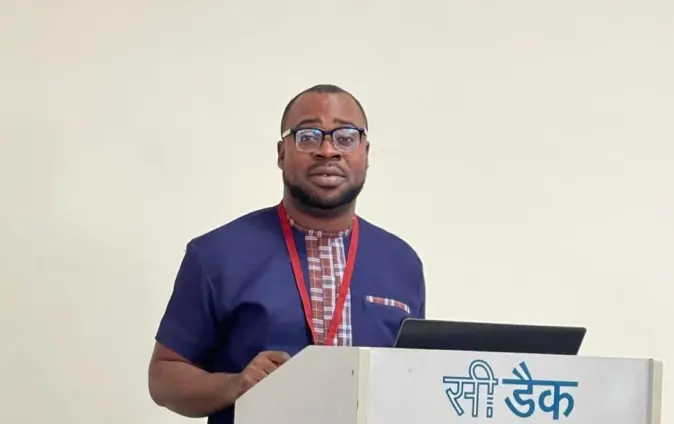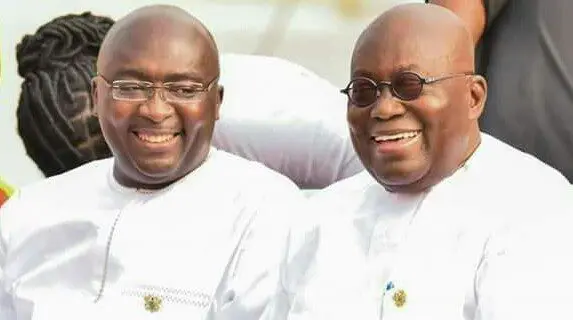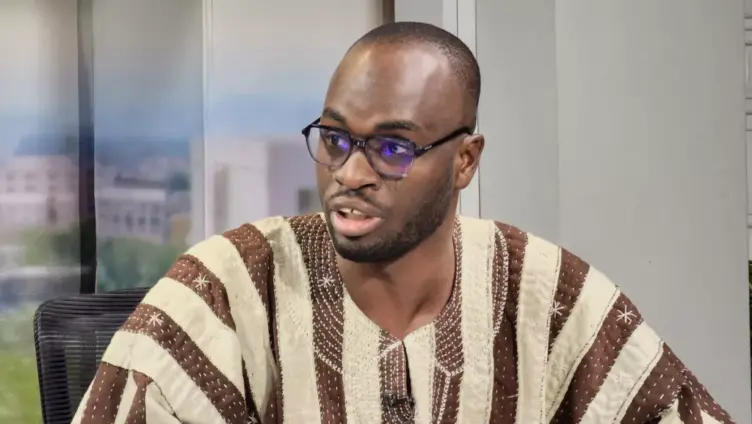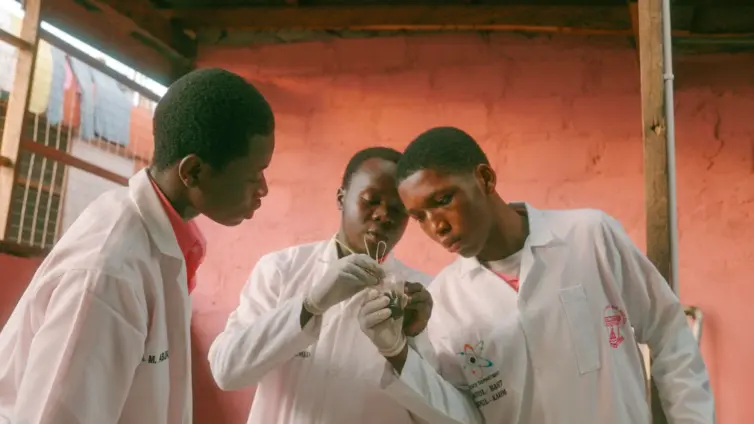The New Patriotic Party (NPP) in the Ahafo Region is at a crossroads, facing a concerning decline in electoral performance. Nana Moses, the former Vice Chairman of the NPP in China, is advocating for a change in regional leadership, believing it’s essential to reverse this trend. “The party needs a fresh approach to regain its strength in the region,” he stated, emphasizing the urgency of the situation. This article examines the data behind Nana Moses’s concerns, the factors contributing to the NPP’s struggles, and the potential for new leadership to revitalize the party’s prospects in Ahafo. Understanding the recent election results is key to identifying a path forward for the NPP in this region.
Nana Moses views the NPP’s recent performance as a “total failure and disappointment,” pointing to a significant drop in presidential vote share and parliamentary representation. He contends that urgent action is needed to prevent further losses and restore the party’s former dominance in the region. The Ahafo NPP needs a serious change of course to get back on track.
In the 2016 presidential election, Nana Akufo-Addo secured a victory in Ahafo with 54.07% of the vote. This increased slightly to 55.04% in 2020. However, the 2024 election saw a dramatic shift, with Dr. Mahamudu Bawumia garnering only 46.07% compared to John Mahama’s 52.46%. This represents a significant decline in the NPP’s support base within the region.
The parliamentary seat losses paint an even starker picture. In 2016, the NPP held four out of the six seats in the Ahafo Region. Currently, the party retains only one seat after losing Tano South, Asunafo North, and Asutifi North to the NDC. Benjamin Sekyere, Evans Bobie, and Patrick Banor lost to Charles Asiedu, Haruna Mohammed, and Ebenezer Addo, respectively. This shift in parliamentary representation underscores the depth of the NPP’s challenges in Ahafo.
Nana Moses attributes the NPP’s struggles to the failure of the current regional leadership. He argues that there has been a lack of grassroots engagement and effective strategies, leading to a disconnect between the party and the people it seeks to represent. He feels a change in leadership is vital to see the Ahafo NPP restored to its former glory.
According to Nana Moses, the current leadership has been unable to energize the grassroots. The party has failed to connect with local communities and address their concerns, leading to a loss of touch with the traditional NPP support base. This disconnect has made it difficult for the party to mobilize voters and effectively communicate its message.
The party’s infrastructure at the regional and local levels has weakened. Nana Moses suggests a lack of investment in party organization and resources has hindered the NPP’s ability to effectively campaign and mobilize support. Without strong local structures, the party struggles to maintain a consistent presence and engage with voters on a regular basis.
Nana Moses also criticizes the absence of innovative approaches to campaigning and voter outreach. He believes the party has failed to adapt to the changing political landscape, relying on outdated strategies that are no longer effective. A new approach is needed to capture the attention of voters and effectively communicate the NPP’s vision for the region.
Nana Moses is calling for a change in direction for the NPP in Ahafo, emphasizing the need for a new leader who can reverse the recent decline. He believes that a new leader with the right qualities can rebuild the party, reclaim lost constituencies, and restore confidence in the NPP’s ability to deliver for the region.
He stresses the importance of strengthening local party organizations and engaging with communities. By empowering local leaders and providing them with the resources they need, the NPP can build a stronger grassroots movement and reconnect with its base. Restoring the Ahafo NPP would have a big impact on Ghana as a whole.
Nana Moses believes that the NPP must target specific constituencies lost to the NDC with tailored strategies. By understanding the unique challenges and opportunities in each constituency, the party can develop effective campaigns that resonate with local voters. Reclaiming these lost constituencies is essential for regaining the NPP’s dominance in the Ahafo Region.
Re-establishing trust in the NPP’s ability to deliver for the region is critical. By demonstrating a commitment to addressing the needs of the people and delivering on its promises, the party can restore confidence and regain the support of voters who have become disillusioned. This requires transparency, accountability, and a focus on tangible results.
The NPP has a strong legacy of development in the Ahafo Region, but that progress is at risk if the party fails to address its current challenges. By highlighting the party’s accomplishments and linking development to the need for continued progress under capable leadership, the NPP can remind voters of its value and make a compelling case for their support. The future of the Ahafo NPP needs to take this into consideration.
The future of the NPP in the Ahafo Region hinges on decisive action. As Nana Moses emphasizes, the time for change is now. Delegates and financiers must heed his call and choose a leader who can reverse the recent losses, reclaim strongholds, and secure victory for the NPP in future elections. The region’s development and the party’s legacy depend on a commitment to fresh leadership. Failure to act risks further decline and the loss of the NPP’s influence in a region it once dominated. The choices made now will determine the course of the NPP in Ahafo for years to come.
Image Source: MYJOYONLINE






















